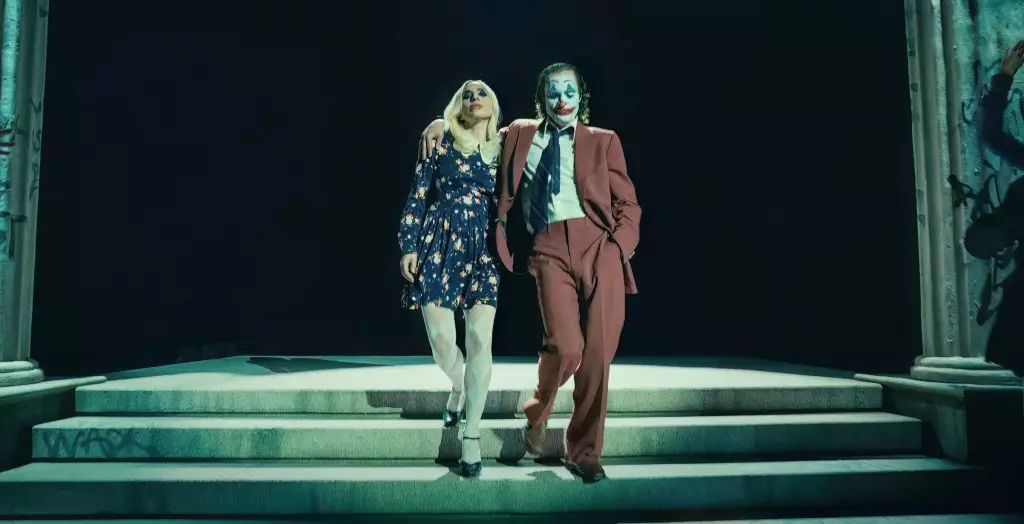The theatrical landscape has witnessed a tumultuous response to “Joker: Folie à Deux,” following a month of intense public scrutiny. The film, which serves as a sequel to 2019’s critically acclaimed “Joker,” has now been marked by divisive opinions, including a sharp condemnation from a member of its own cast. Tim Dillon, a comedian who experienced the intricacies of the film’s production firsthand, has labeled it as “the worst film ever made,” sharing his frustrations on “The Joe Rogan Experience” podcast.
Behind the Curtain: Dillon’s Honest Take
Dillon’s criticism stems from both his personal experience while filming and his broader interpretation of the sequel’s narrative direction. By referring to the backlash the original film received—accusations of incel sympathizing and promoting male rage—he speculated that the creators aimed to pivot the film’s thematic focus. This creative decision, as Dillon suggests, might have led to a bizarre juxtaposition of Joaquin Phoenix and Lady Gaga performing whimsical tap routines against the backdrop of Arkham Asylum.
His observations about a lack of coherent plot are particularly illuminating. Dillon described discussions among the cast and crew where they questioned the storyline’s clarity. Questions such as “What is the plot?” and “I don’t know, I think he falls in love with her in the prison?” dominated their lunches, indicating a divergence from the original film’s engaging narrative. Rather than being a film that could be “hate-watched” for its flaws, Dillon felt this sequel failed to present any sufficiently engaging content at all.
The Impact of Critical Voices
The film’s lackluster performance, grossing only $204 million against the astronomical $1.078 billion earned by its predecessor, has invited scrutiny from various notable figures. Critics like Paul Schrader and Bill Maher have chimed in with their own dismissive evaluations, suggesting a growing discontent within the filmmaking community regarding the final product. Yet, not all responses have been negative; esteemed filmmaker Quentin Tarantino expressed his admiration for the film, side-stepping conventional criticism and framing it as an audacious declaration against both Hollywood and its audience.
This divergence of opinion illustrates a fascinating dichotomy in contemporary cinematic discourse. On one hand, you have established voices lamenting the film’s artistic missteps. On the other, figures like Kojima and Tarantino foresee potential for cult status within the film’s narrative, hinting that its eccentricities might resonate with future audiences.
As “Joker: Folie à Deux” continues to provoke conversations, it stands as a testament to the complexities of modern storytelling in cinema. Whether celebrated as a bold deviation from conventional tropes or derided as a sprawling, incoherent mess, it is clear that this film will remain a point of contention among cinephiles. The ongoing debates illustrate not only the challenges of sequel productions but also the varying perspectives that shape public reception in an ever-evolving media landscape. The future may reveal if Dillon’s critique holds true or if Tarantino’s optimism ultimately prevails in establishing the film’s place in cinematic history.


Leave a Reply